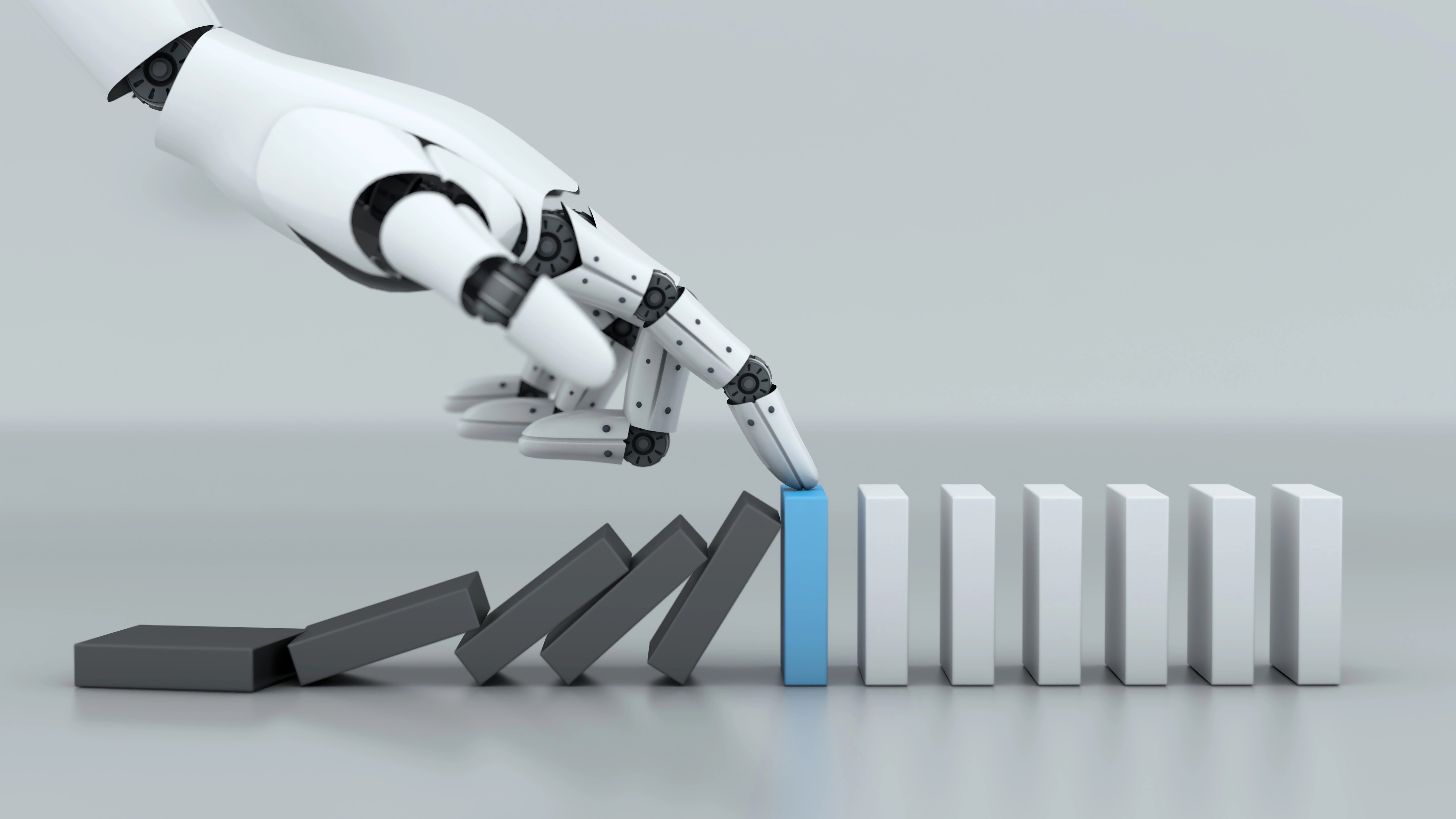
The year 2025 marks a major turning point in how organizations evaluate business partners, vendors, and investors. Traditional background checks—once focused on verifying static records—are no longer enough. In a world of instant transactions and global interconnectivity, companies need risk systems that think ahead.
Enter AI-driven risk scoring models—a new generation of compliance intelligence that quantifies potential risk before it turns into regulatory exposure or reputational damage.
These predictive frameworks use machine learning and data analytics to score entities based on financial behavior, legal patterns, ESG factors, and even digital sentiment. Instead of waiting for a compliance failure, companies now prevent it in real time.
At the forefront of this evolution, BusinessScreen.com integrates predictive AI into corporate screening, due diligence, and risk monitoring. Its automated verification platform merges vast data sources—financial filings, sanctions, adverse media, and beneficial ownership records—into one actionable risk dashboard.
Conventional due diligence looks backward—it verifies what has already happened. Predictive due diligence, powered by AI, looks forward.
Using deep learning algorithms trained on millions of corporate interactions, AI systems can identify red flags invisible to manual reviewers. Whether it’s a pattern of late filings, inconsistent corporate ownership data, or undisclosed litigation, predictive models assign real-time risk probabilities that evolve as new information appears.
According to BusinessScreen.com’s Predictive Due Diligence resource, organizations that integrate AI into their compliance programs detect up to 40% more emerging risks than those relying solely on human analysis.
By combining historic and live data, predictive due diligence helps businesses identify whether a partner will remain compliant, not just whether they were compliant yesterday.

AI risk scoring models rely on continuous data ingestion from structured and unstructured sources: financial statements, sanctions databases, court filings, ESG disclosures, and even social media sentiment.
These inputs are normalized and analyzed to produce dynamic composite risk scores—a single metric that captures multiple risk dimensions across time and geography.
Each entity is assessed against several weighted categories:
These automated scores continuously update as new information enters the ecosystem, ensuring that compliance officers, investors, and procurement teams always see the most current risk picture available.
BusinessScreen.com leverages these technologies to automate every layer of due diligence and corporate screening.
Through tools like Reputational Due Diligence and Company Due Diligence, organizations gain full visibility into third-party relationships. Machine learning models embedded in BusinessScreen’s workflow continuously re-evaluate risk scores as new information becomes available.
For example, if a vendor is suddenly listed in a sanctions database or linked to negative news coverage, the system automatically re-flags and rescales their risk profile, alerting compliance teams in real time.
This closed-loop intelligence ensures no hidden threat remains unchecked—transforming traditional compliance into a predictive, self-improving process.
Manual background checks and static data verification cannot compete with the velocity of modern business. AI models process millions of signals daily, identifying hidden relationships and behavioral anomalies faster and more accurately than human analysts could ever achieve.
McKinsey’s Technology Trends Outlook 2025 reports that organizations integrating predictive AI into compliance workflows saw:
These findings highlight how AI turns compliance from a reactive burden into a proactive strategic function. Instead of chasing red flags, businesses prevent them.
AI governance has emerged as the defining challenge of this new era. Transparency, fairness, and accountability must remain central to risk scoring.
IBM’s AI Governance Journey 2025 emphasizes the importance of building models that are explainable and traceable—so regulators and auditors understand how scores are calculated. BusinessScreen.com aligns with this philosophy, combining automated scoring with human oversight.
Each AI-generated alert is reviewed by experienced compliance professionals who validate the system’s findings, ensuring balance between machine precision and human context.
This dual-layer approach prevents bias, preserves data integrity, and builds regulatory trust.
Predictive analytics uses historical trends to forecast future outcomes. In compliance, this means predicting which relationships, transactions, or counterparties are most likely to become problematic.
At BusinessScreen.com, predictive analytics powers vendor verification, investment due diligence, and global entity monitoring. Through integrations with sanctions databases and beneficial ownership registries, companies can detect risk cascades before they affect operations.
Predictive analytics enables:
This turns compliance from a static checkpoint into a living risk intelligence network.
Global supply chains face unprecedented complexity. Thousands of vendors across continents introduce legal, ethical, and financial exposure at every link. AI risk scoring models make this manageable by automating vendor screening and continuous monitoring.
Using Business Partner Due Diligence, compliance teams can rank vendors based on ESG performance, financial stability, and beneficial ownership transparency. AI-driven workflows automatically rescore vendors when any red flag emerges—protecting organizations from hidden third-party risks.
This predictive oversight ensures compliance with international regulations such as the U.S. Supplier Transparency Act and the EU Corporate Sustainability Directive—turning due diligence into a long-term trust framework.

When implemented properly, AI transforms compliance into competitive strategy. Risk data becomes a business asset, not a liability.
Organizations can use composite risk scores to prioritize partnerships, assess acquisition targets, or benchmark internal governance. In the private equity sector, AI risk scoring helps investors identify hidden liabilities before closing deals. In fintech, it ensures AML compliance and strengthens customer onboarding decisions.
With regulators increasingly expecting continuous monitoring, AI risk scoring will soon be mandatory—not optional—for large enterprises.
BusinessScreen.com combines cutting-edge AI, continuous monitoring, and expert validation to create the most transparent risk scoring ecosystem available today. Its platform consolidates corporate data, litigation records, and media monitoring into a unified compliance dashboard that updates in real time.
This ensures organizations can:
BusinessScreen.com’s due diligence intelligence tools integrate seamlessly into any existing compliance program, transforming verification from paperwork into predictive strategy.
As we move deeper into 2025, AI systems are becoming increasingly self-improving. Future RegTech platforms will integrate sentiment analysis, blockchain verification, and ESG analytics into risk scoring. These advancements will allow organizations to evaluate both financial risk and ethical conduct with unprecedented precision.
In short: compliance technology is evolving into corporate foresight.
The future of compliance isn’t reactive—it’s predictive.
With BusinessScreen.com, your organization can identify hidden risks, monitor global entities, and ensure compliance long before red flags reach regulators or investors.
👉 Start building your predictive risk strategy today with BusinessScreen.com’s AI-powered due diligence solutions.
What is AI risk scoring?
AI risk scoring uses machine learning to calculate a dynamic probability of financial, compliance, or reputational risk within a business relationship.
How does AI improve corporate background checks?
AI automates large-scale data analysis, detecting red flags like ownership conflicts or sanctions exposure faster and more accurately than manual processes.
Is AI risk scoring compliant with regulations?
Yes. Platforms like BusinessScreen.com combine explainable AI with human validation to meet transparency and auditability requirements from global regulators.
Can AI predict future compliance risks?
Absolutely. Predictive analytics identifies early indicators—such as transaction anomalies or adverse media—that signal potential violations before they occur.
What industries benefit most from AI-driven risk scoring?
Banking, fintech, private equity, and global supply chains benefit the most, but adoption is rapidly expanding into insurance, energy, and ESG-focused sectors.